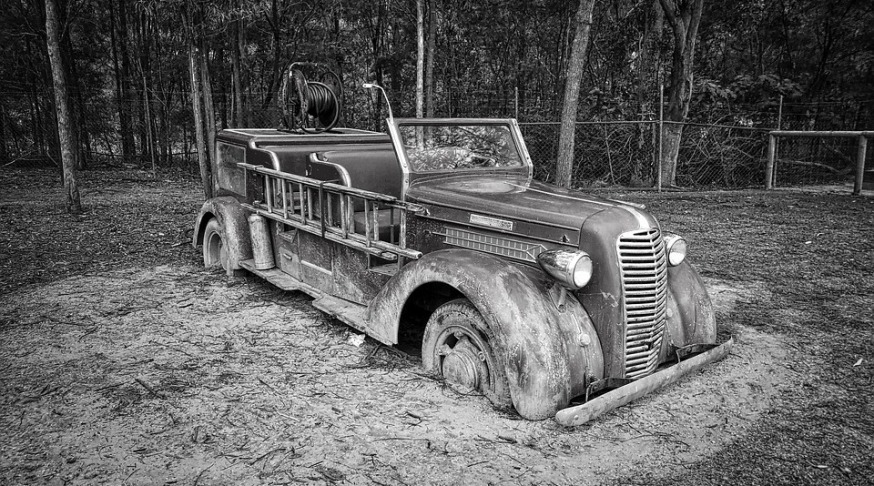Is My Concern About Being Prepared a Sign I’m on the Lunatic Fringe?
NO IT ISN’T — and here’s why…
You simply cannot safeguard your household from all risks great or small. However, investing money into guarding against potential disasters that have the greatest impact on our lives makes sense if there is evidence the risk is present.
The deeper you look the more experts you will find saying risks to our water supplies are present and growing.
Stationarity and Continuity Bias is Alive and Well.
“Stationarity” is the assumption, statistically speaking, that the future looks like the past. It can apply to any prediction about the future. As well, to some degree or another we are all afflicted with “continuity bias”, the propensity to assume that the future will resemble the past.
If you want to know about water supply risks, look to hydrologists who are the experts. They have the difficult job of planning for the future of our water supply. When making decisions about everything from dams to agricultural investments, their forecasts play a major role in the process.
Stationarity says that the average annual rainfall for the next 50 years (and how much it varies from year to year) will be consistent to the patterns of the last 50 years. Obviously planning is much easier when this assumption is made. If stationarity is a valid assumption and if there is enough data for the last 50 years, the location and size of water pumping stations, dams and water transportation pipelines can be predicted with a high degree of confidence.
Hydrologists have known since they first started using stationarity as an assumption in their models (in the 1950s) that human activity ensured that the future would be different from the past. However, they felt they could account for change, such as runoff due to increased development, in their models and projections.
Unfortunately changes are becoming more drastic and unpredictable. And hydrologists do acknowledge this by saying that changes in our weather are rendering stationarity invalid. And they agree that they cannot accurately adjust for this in their models. So a completely different approach to forecasting water needs and availability must be found.
The Problem Goes Beyond Water Supply
In everything from building codes to home insurance, stationarity has been a basic assumption in planning models. Worse, we only have detailed and accurate data from the few past decades. Small data sets has always been a problem when predicting the future using the past.
Far more frequently than models assuming stationarity predicted, we are experiencing huge floods up and down much of the Mississippi. The U.S. Army Corps of Engineers designed the levies, canals and gates on the Mississippi based on such flawed models. Present day conditions have greatly exceeded what was predicted.
Is This Really a Big Enough Problem That I Need to Do Something About It NOW?
On complex issues such as this, we go with the smart money. Investor Vinod Kholsa and Alphabet/Google have invested millions in a new breed of insurance company called Weatherbill, renamed The Climate Corporation. Because of increasingly erratic weather and the need to insure farmers against the potential for loss from that weather, they push the edges of software technology to address this need.
In other words, TRADITIONAL RISK ASSESSMENT (i.e., underwriting) NO LONGER WORKS. New technology must be employed by insurance companies to insure crops against bad weather. They are investing hundreds of millions of dollars on what they take as a given fact; the old models are broken and no longer apply. They are creating new ones.
Heightened concern about the future of our water supplies is NOT the thinking of a lunatic. It’s a reasonable and sensible response to what is ACTUALLY HAPPENING. The only thing we DO know is we DON’T know what’s going to happen. Therefore we need to plan accordingly.


